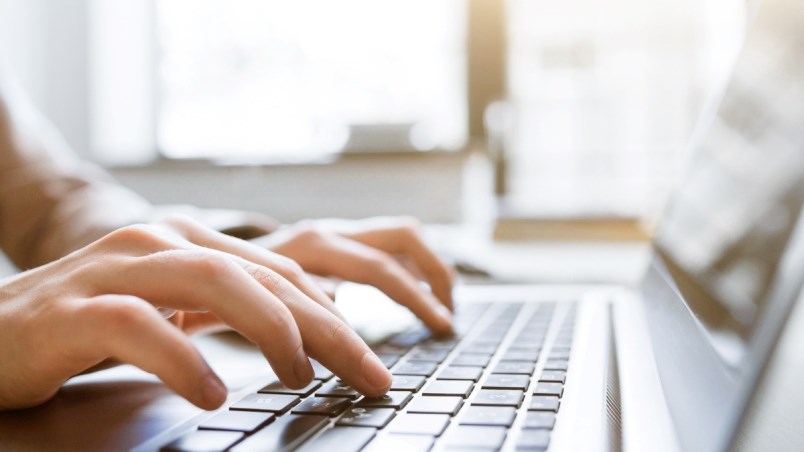The most harmful perspective is believing you’re not at risk of a cyberattack.
That’s according to the Better Business Bureau (BBB), which is providing consumers with tips to avoid cyberattacks, following the Canada Revenue Agency’s announcement that it was the target of two separate online attacks.
The BBB says that those attacks are a “costly reminder to Canadians” about the importance of taking active steps to protect their online accounts.
And as more people go online to shop, bank, connect with loved ones, access medical records or apply for government grants, “proactively safeguarding online accounts against unauthorized access needs to be top priority,” according to Karla Laird, manager for community and public relations at the BBB.
“Compromised accounts could lead to everything from identity theft and extortion attempts, to fraudulent schemes and the loss of valuable data like business files and family photos,” she said.
“Strong systems are still at risk of being compromised if users have poor cybersecurity practices like weak passwords that they share with others or use for multiple accounts.”
Cyberattacks are usually aimed at accessing, changing or destroying personal information, extorting money from individuals or interrupting normal business processes, according to the BBB.
The bureau adds that, over the past several years, billions of login credentials have landed in the hands of hackers as a result of these attacks.
The BBB has shared the following tips to help Canadians avoid scams, fraud, identity theft and their online accounts being compromised:
- Double your login protection by enabling multi-factor authentication (MFA), which will require you to enter an additional authentication method such as a personal identification code, another password or even a fingerprint.
- Shake up your password protocol, such as by using the longest password or passphrase permissible. Get creative and customize your standard password for different sites, which can prevent cyber criminals from gaining access to these accounts.
- Play hard to get with strangers. If you’re unsure about who an email is from, even if the details appear accurate, don’t respond or click on any links or attachments enclosed.
- Stay protected while connected. Before connecting to any public wireless hotspot, such as at an airport or café, be sure to confirm the name of the network and exact login procedures to ensure the network is legitimate. If you use an unsecured public access point, avoid doing sensitive activities such as banking.
- Never click and tell. Limit what information you post on social media, from personal addresses to where you like to grab coffee. Keep Social Insurance Numbers, account numbers and passwords private, as well as specific information about yourself, such as your full name, address, birthday and even vacation plans.
Meanwhile, for those affected by the CRA attacks, the BBB recommends:
- Consider putting a credit freeze or fraud alert on your credit reports with the major credit reporting agencies. This will prevent anyone from accessing your credit report or scores, and means you cannot apply for new credit without lifting the freeze.
- Update passwords for all your online accounts, especially if the password for the compromised account was being used for multiple sites.
- Monitor your credit card statements carefully. Report any fraudulent or unauthorized charges to your bank or credit card issuer immediately.
- Avoid fake emails. Don’t respond to emails you may receive with offers to help you in an attack, as many of these may be phishing emails created by scammers. Don’t click on any links or provide any personal information, and if you have concerns about the email’s legitimacy, contact the organization directly to verify.



